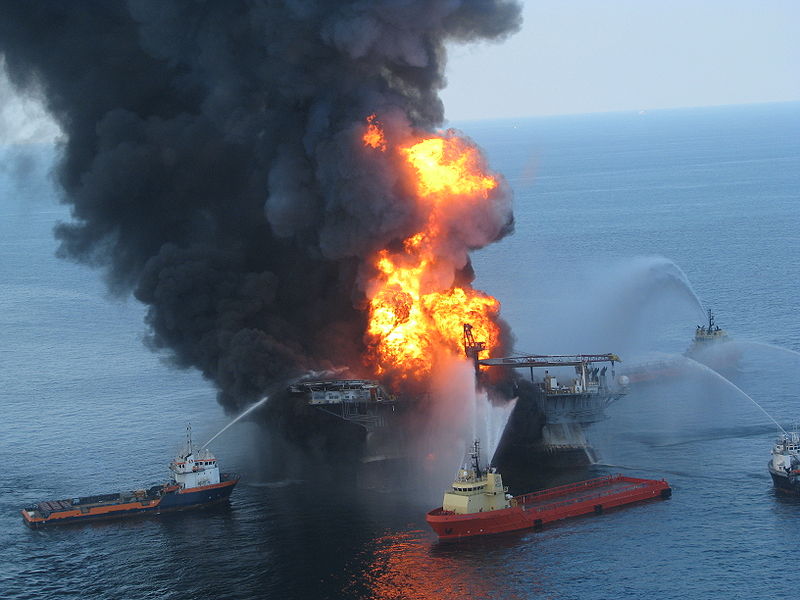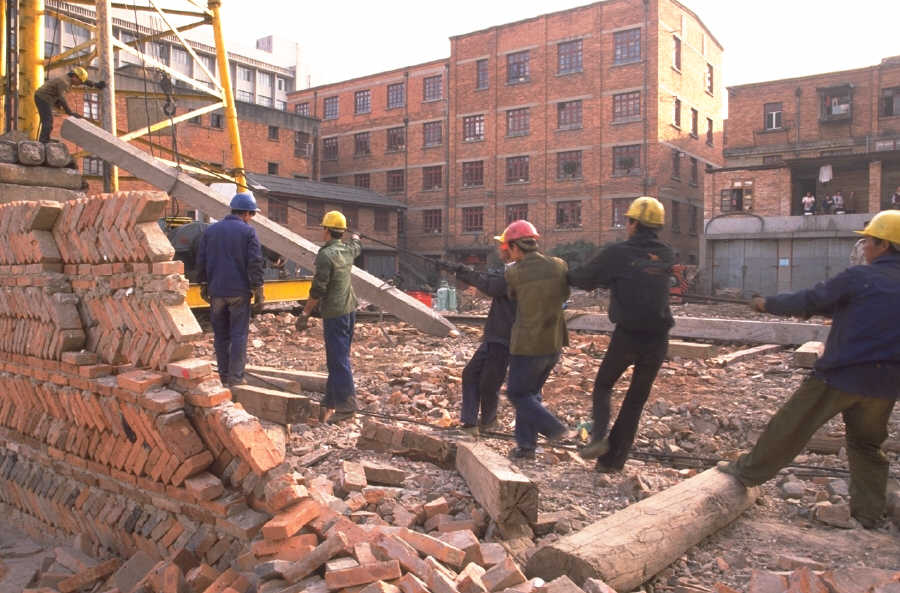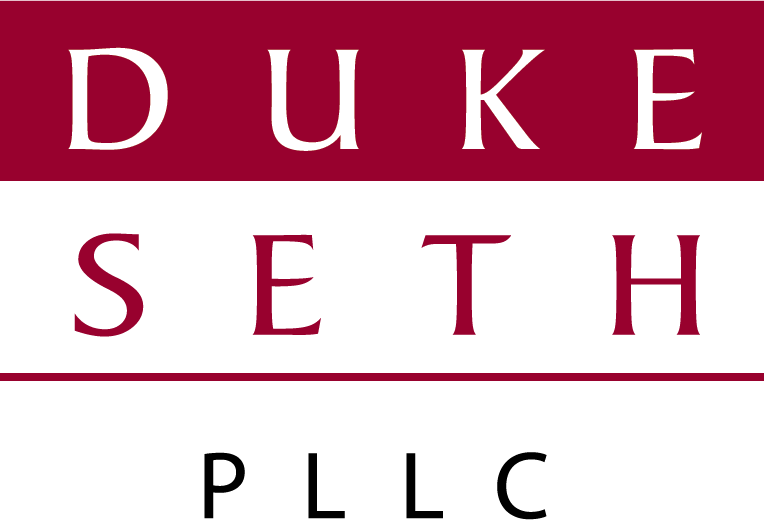August 2010
by Walker M. Duke

The BP oil spill has become one of the worst environmental disasters in history, and the consequences will be felt far and wide. But are there any bigger picture lessons to be learned and applied to the construction industry? Three major themes have developed that every contractor should take to heart.
Lesson #1: Be Aware of Risk-Shifting Provisions in Contracts
BP has been the primary focus of coverage of the Gulf oil spill, but will the company be held primarily responsible? Hyundai Heavy Industries built the Deepwater Horizon rig, and Transocean owned it and leased it to BP, but other parties were also partial owners of the well. So who is ultimately responsible?

Contracts between the parties most likely contained risk shifting provisions, such as indemnity provisions, additional insured clauses, limitations on liability, or even liquidated damages clauses. Could it end up that, if the explosion was caused by the negligence of some subcontractor, that subcontractor is financially responsible for the entire cleanup because of a “throw-away” indemnity provision that snuck into a contract during negotiations?
By now, the parties have scrutinized the contracts that touched upon the ownership, maintenance, and operation of the Deepwater Horizon rig to determine if another party might be financially responsible for the loss. Contractors would be wise to undertake this same analysis–before disaster strikes. Manage your responsibilities before the project starts, including potential liability for another party’s mistakes. This will not eliminate catastrophes, but it will better position you to financially handle them.
Lesson #2: Skeletons Always Come Out of the Closet
Old data never dies in this era of electronic communications. What we say and write has a much longer life than it used to. While a shredder used to capably destroy documents, it is no match for old data that exists in on a distant server.

Investigations of the oil spill will turn over every stone at every company remotely linked to the disaster in search of culpable parties. It would not be surprising if somewhere, on some server, there is an incriminating, deleted email that warned of what, at the time, seemed like an unlikely disaster.
The lesson is to be careful what you email, the files you create, and even the voicemails you leave. The passage of time naturally distorts context, and data will live long beyond employee memories.
Lesson #3: Accidents Happen – Plan for Them
A major reason the BP oil spill became such a disaster is because of the difficulty in capping the broken pipe. While some catastrophes were probably anticipated, the one that materialized did not have a firm response plan.

One thing is certain in the construction industry: accidents will strike eventually. Rigorous attention to safety can prevent the worst catastrophes, but accidents nevertheless happen. Who is your first call? Who is in charge on the ground? And when the dust settles, how do you move forward–first with addressing the accident, and second, by simply getting back to business?
The minutes, hours, and days following a catastrophic accident are no time to plan how your company will respond. That plan should be in place long before disaster strikes so that when it does occur, you and your company will know what steps to follow.
While the BP oil spill seems very remote from the daily dealings of most construction companies, much can still be applied to the industry. Heed the lessons that can be learned from this disaster to help minimize–or avoid–the smaller ones that may happen to your company.
Walker M. Duke is an attorney and founder of Duke Law Office, P.C., in Dallas, Texas, where he specializes in construction law and business litigation. He also writes a construction law blog that can be found at www.texasconstructionlaw.blogspot.com. Walker can be reached at (214) 523-9033 or wduke@dukeseth.com/p>.
Request A Legal Consultation
What Our Clients Say
This by far the BEST law firm I have come across. Meenu is so helpful and friendly. They return phone calls and give you updates on your case. I absolutely this law firm.
This is the best lawyer I’ve found yet. He really does what he says. I’d say he is very aggressive towards the ins co. he and his, wife work very well together. They get you into it Drs and they pay for it. They also get your meds for you. They treat you like family. My case is out of state. And they are helping me and my father. Heck,… I can’t speak well enough about them. If you want a very good Attorney, then you better get this one and no, I was not paid are compensated to write this. I’m a real client. disabled,and when other lawyer s said nono or dropped my case duke said yes. There you go. Read more “”
I highly recommend Walker Duke
In March, 2014, I discovered Walker’s website and he quickly called me back for an initial consultation. My Marine son had been killed by two drunks in San Angelo, Texas. When it comes to wrongful death, there is the law, but there is also the grieving. Walker has a Christian education and not only did I receive the legal assistance that I needed, Walker had patience, compassion, wisdom and strength… that gave me the hand up when I needed it. I found myself crying often when I had to speak with Walker, and he patiently guided me, and it was especially difficult when I took the stand during the civil trial. Walker was a rock, calming and firm, and he said exactly what I needed hear. I felt comfortable enough to tell Walker my wishes, and when I was emotional at the civil trial, I knew I could count on his judgment if things got complicated. It’s a critical, critical point. You have to answer serious questions, you may have to make a statement in the newspaper, you have to behave properly. Walker made me proud, stands tall with confidence, and pulled me through a very traumatic time in my life. Our judgment was $5M. This is a good number. It represents how much I was able to take away from the killers of my son, who took my son. Read more “I highly recommend Walker Duke”
Choose your lawyer wisely! They’ll be in your life for awhile.
I instantly had a good vibe with Walker and felt like he understood. Looking back, I’m glad I went with someone I could easily talk to because accident cases are long. It took over 3 years from accident to settlement with a lot of time with seemingly nothing happening. The insurance companies are smart and hope you’ll give up. Having a good lawyer like Walker was critical.
“I worked with Attorney Meenu Seth, with regards to business formation and creating contracts for our business. Meenu was very helpful, as she patiently explained to me how to set up proper legal guardrails to protect myself and the business. She is very prompt and I never had to wait for an answer. I would gladly recommend her to anyone who is looking for business related legal advice. Thank you,… Santhosh D.” Read more “”
To Gagandeep K. Seth (Meenu Seth)
I would like to tell you the professional job you did on my case was professional and exceptional. The kindness ou showed me will never be forgotten. You took my cans and ran with it. I really appreciate it and will use you everytime I need a lawyer. Y made sure my health was number one and my expenses were taken care of.… Thank you so much for what you did for me and I will recommend you to everyone.
Thank you again! – Diane Beeson Read more “”
Attorney Meenu Seth has been working with us for over 5 years and it has been a very symbiotic relationship. Her handling of immigration cases has been exceptional, helping us navigate through the complex world of visas. She has been meticulous and prompt with her communication both with us and USCIS. We continue to rely on her advice for immigration matters. We strongly recommend her and her team. – Swift… Pace Solutions | Agneto Read more “”
EXCEPTIONAL SERVICE AND MEENU IS VERY KNOWLEDGEABLE ATTORNEY
We have been working with Meenu for longer than 5 years. Our experience with her has been absolutely exceptional. We’ve worked with her on many issues, including real estate problems, company contracts, partnership agreements, commercial leases, and more. I find her immensely knowledgeable in such matters. I’ve recommended her to many of my colleagues. – Sanjay Joshi
VERY RESPONSIVE AND EDUCATED ME THROUGH OUT THE PROCESS
I was referred to DukeSeth by a family friend after I was rear-ended by another driver. This family friend spoke highly of DukeSeth’s legal practice and I was not disappointed
I had the pleasure of working with Meenu. She was always responsive whenever I had any questions. She guided me through the entire process which took many months. Meenu always provided detailed information each step of the way as… well as my options while allowing me to choose which option I felt comfortable with.
I would highly recommend DukeSeth and especially Meenu. – Joezer Cookey-Gam Read more “VERY RESPONSIVE AND EDUCATED ME THROUGH OUT THE PROCESS”
“Recently I have worked with Meenu Seth and Maureen for a Personal injury case, they were very friendly to me and promptly responded to my emails and phone calls, ensuring that I was always well-informed about the progress of my case. Whenever we had any doubts Meenu has patiently explained us and guided us throughout the process. Working with Meenu was a positive experience and I highly recommend Meenu Seth… to anyone in need of legal representation.” – Nikhitha Jetling Read more “”

